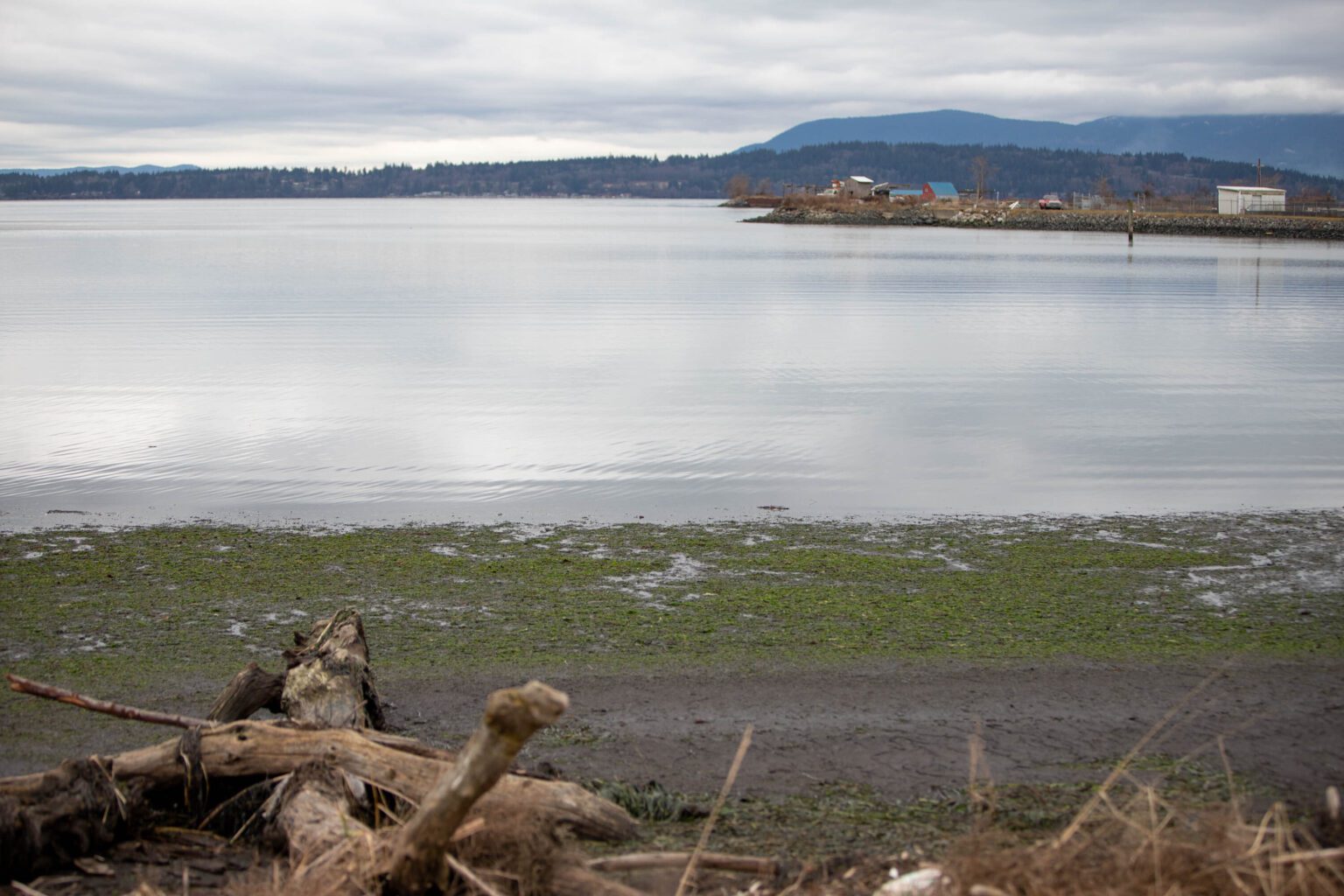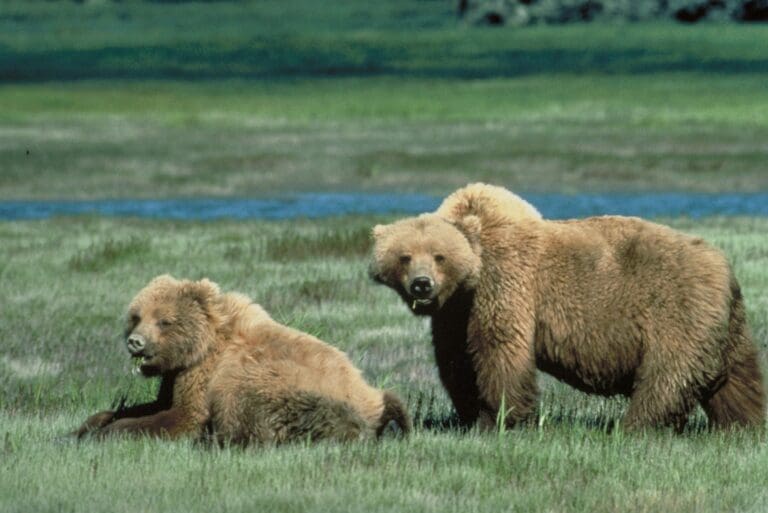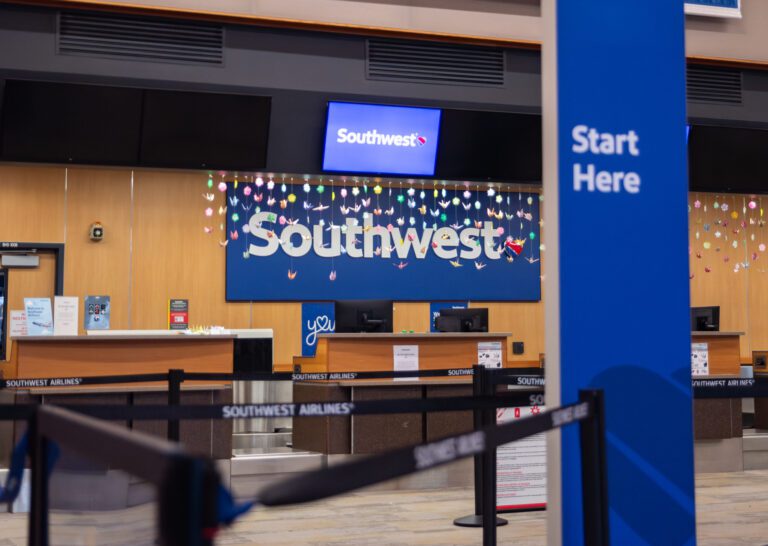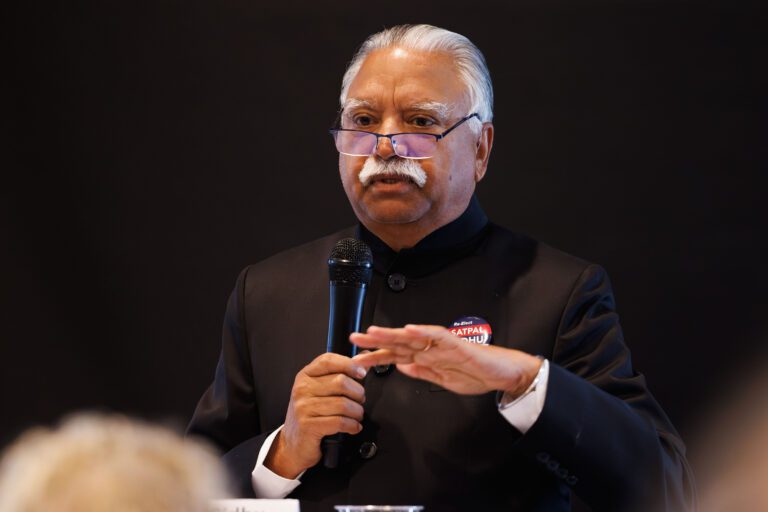Each summer, Riley Starks prepares his two rows of reef nets in the Legoe Bay. The shallow nets, perfect for catching schools of salmon, stay in the water from July until mid-October, when he pulls them out after the last catch of the season.
“There are two rows of reef nets deployed every year in the same spot,” he said. “In mid-October, those all go away, and all that’s left are the anchors on the bottom, which are always in the same place.”
This year, though, he hopes those anchors may get some more use as part of a new seaweed farm.
“I think we’ll have a permit in hand this summer,” Starks said. “We’re working with a nursery right now who is growing seaweed seed, and we should have our ducks in a row by October to go ahead and get started.”
The Lummi Island Sea Greens LLC, operated by Starks and in partnership with several local organizations, will host a 5-acre plot in Legoe Bay, a prime seaweed-growing location.
As one of the sustainable fish harvesters and the executive director behind the local conservation nonprofit Salish Center for Sustainable Fishing Methods, Starks is constantly looking for ways to support the Lummi Bay ecosystem and the local economy.
Seaweed requires very little work to grow, produces 25-ton harvests per acre and provides vital support for marine life. It checks all of Stark’s boxes. Right now, it’s in high demand but low supply for Washington-based restaurants and farms, who have to stock their refrigerators and their animal feeds with California, Alaska and East Coast seaweed.
In Washington, the Department of Natural Resources (DNR) strictly regulates seaweed harvesting, requiring locals to have valid seaweed licenses and capping harvests at 10 pounds wet weight per person per day. Harvesting for commercial purposes is illegal on public or private lands, according to the department’s website.
The permitting process involves nine different agencies and requires a couple of years of patience, but it allows farmers to sell seaweed, circumventing the DNR regulations.
“We’ve been at this for two years. We started this in January just before the pandemic,” Starks said. “All the permitting agencies want to see [seaweed farms] happen, it’s just that everything takes time.”
At this point, only one other commercial seaweed farm exists in Washington: the Blue Dot Sea Farm (BDSF) in the Hood Canal.
In its early years, the BDSF partnered with research organizations like the Washington Sea Grant and the Puget Sound Restoration Fund to determine if aquaculture was a viable industry. So far, it seems to be.
The industry has been a boon to environmental protection of kelp, too.
“Any kelp beds are good kelp beds,” said Eleanor Hines, RE Sources’ North Sound baykeeper. “It makes more sense to throw money at things that can then throw money back into the economy.”
Starks agreed.
“There’s no negative about growing seaweed,” he said. “It’s good for the environment. It’s good for people’s health and for animal health… The water quality gets better instead of worse, and in the local area, the seaweed actually becomes a habitat for small marine animals.”




